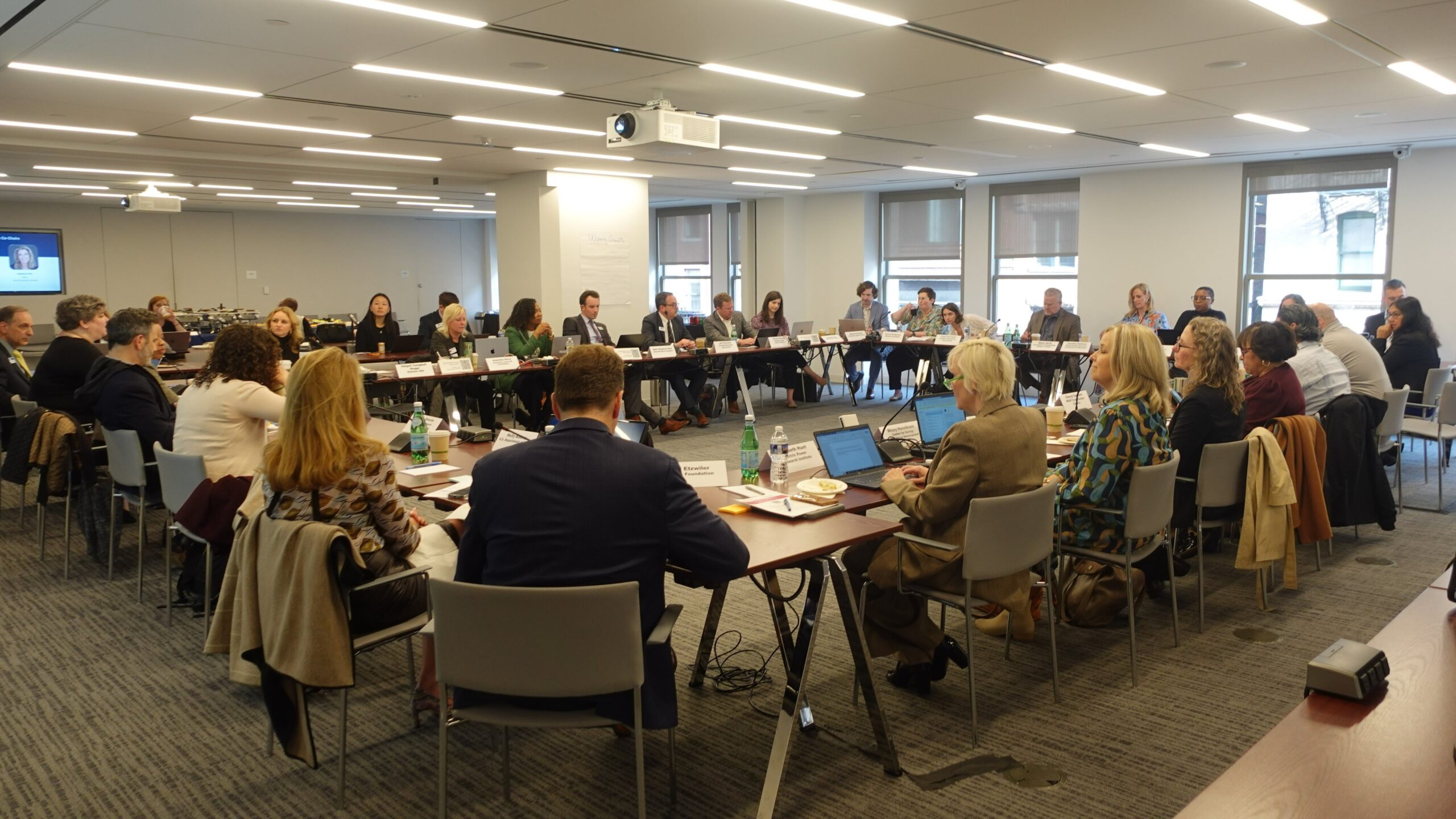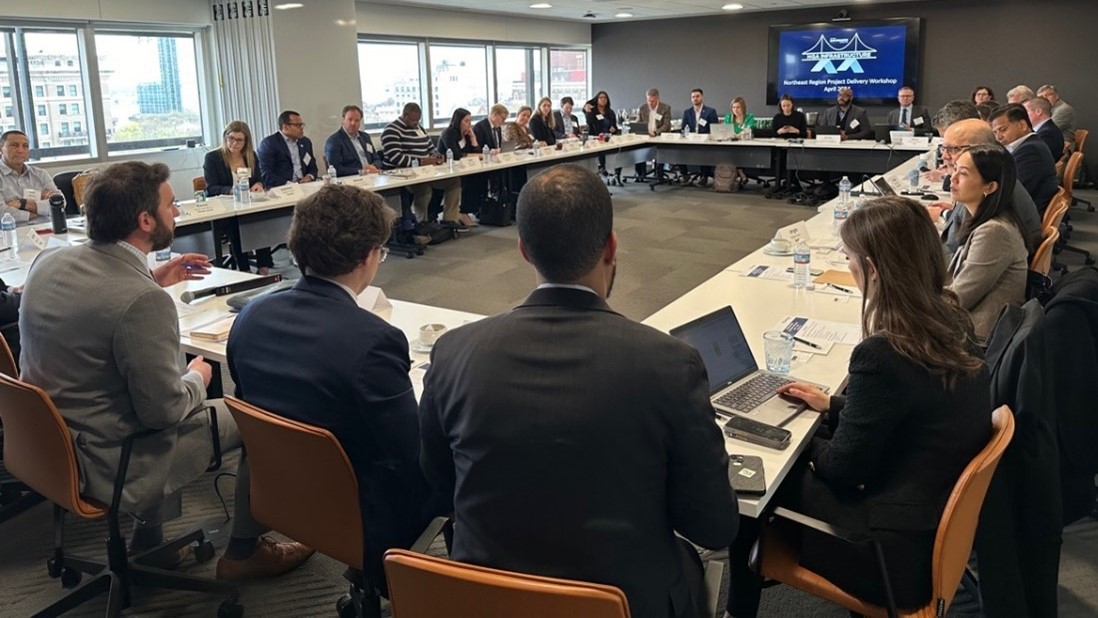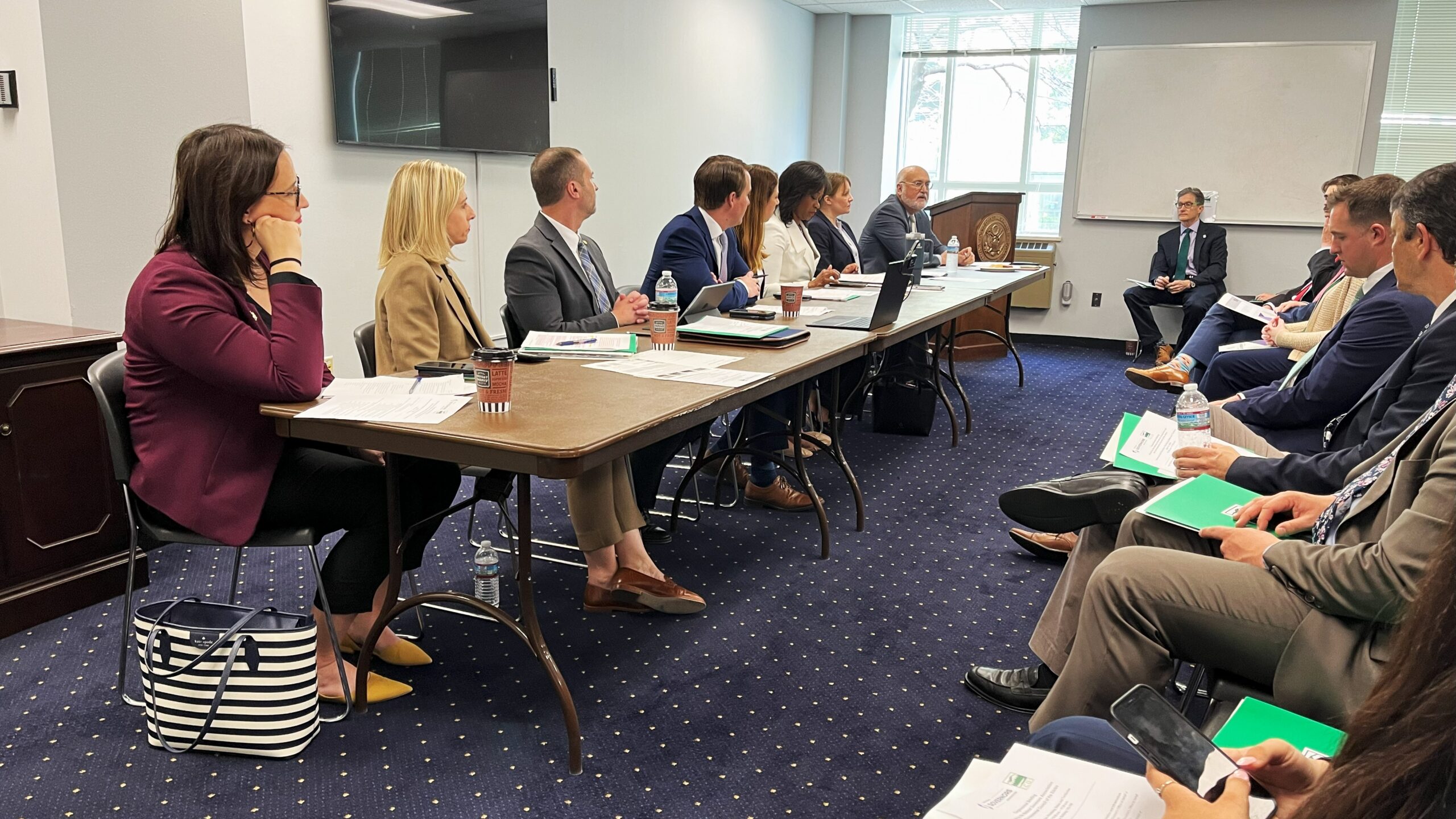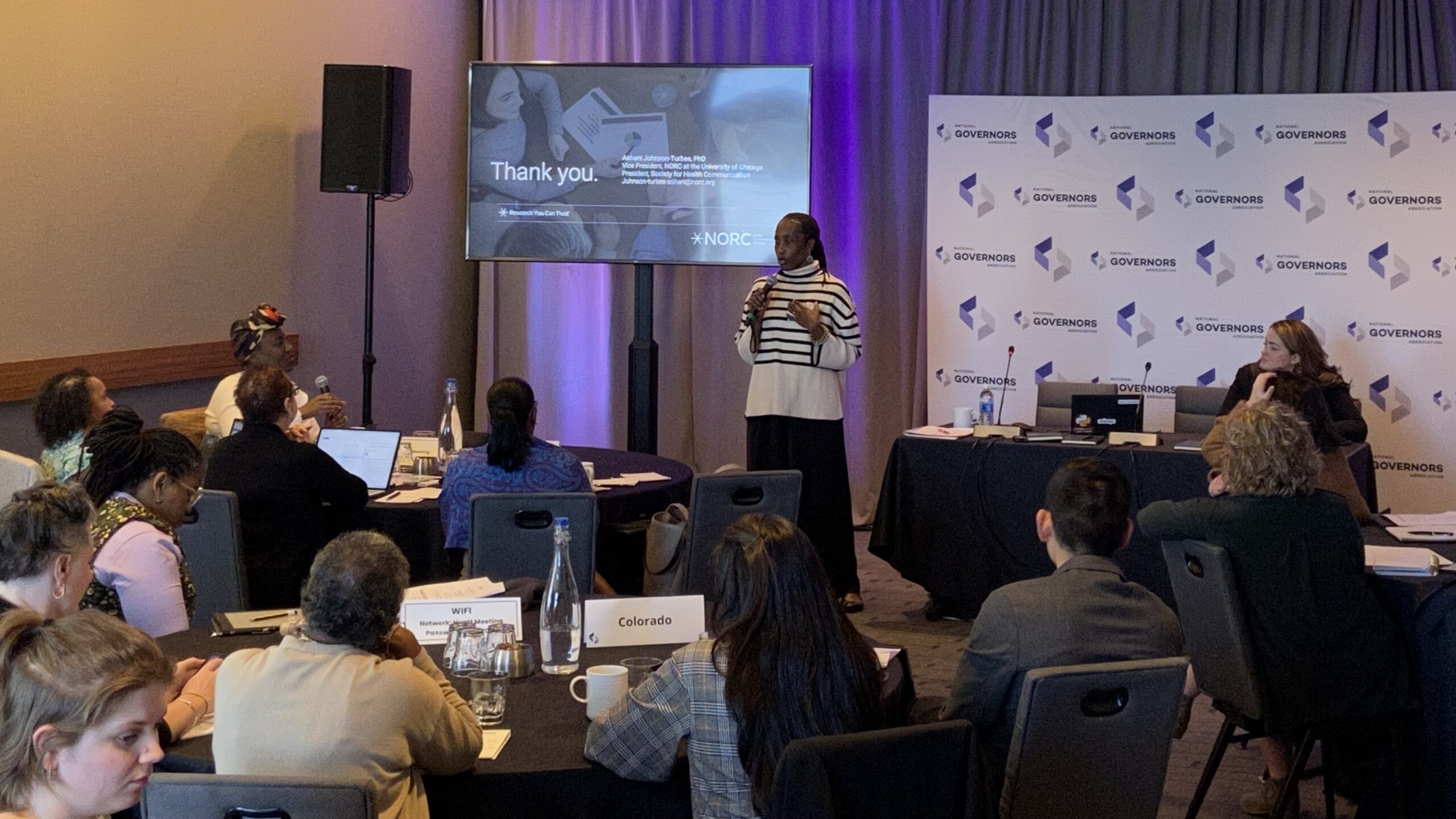NGA defines resilience as the ability to withstand disasters better, respond and recover more quickly, and excel under new conditions.
Governors increasingly face a host of human and natural disasters that threaten the viability of energy, water, transportation and other infrastructure assets that are critical to our way of life. Those disasters include severe storms, wildfires, droughts, inland flooding as well as diverse terrorism and cyber threats and chronic stressors such as poverty, disease, hunger, and violence. The impacts of these threats can be measured economically.
Incorporating resilience into emergency planning, infrastructure systems, and the built environment presents the opportunity to reduce vulnerabilities to future threats, mitigate the impacts of disasters, and lower the cost and effort needed to respond to and recover from disasters.
Resources
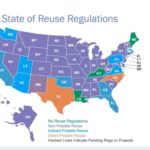
As water resources continue to be stressed even in traditionally water rich states by climate change, population growth, pollution and other issues, water reuse and recycling can offer one solution to ...

The NGA Winter Meeting provides a forum for governors and other state leaders to discuss policy successes and best practices, to engage with experts and leaders from the private sector, ...
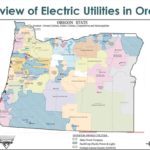
Energy systems face increasing pressure from natural hazards, physical threats, and cybersecurity vulnerabilities. Implementing distributed energy solutions such as efficiency, distributed generation with storage, and microgrids, in addition to robust ...
Detroit, MI | Oct. 17-18, 2019 Infrastructure policy and technology experts from across the country will join the National Governors Association (NGA) in Detroit, Michigan, for the second of four ...
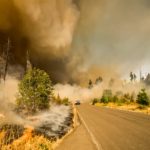
As Weather Events Become More Frequent and Severe, Efforts to Build Resiliency Take on Added Importance As natural disasters increase in frequency and intensity, the National Governors Association (NGA) is ...

As natural disasters increase in frequency and intensity this paper has outlines state policies and actions to improve the resilience of the nation’s housing stock, including measures to build resilience ...

December 11 – 12 | Salem, OR The state of Oregon, in partnership with the National Governors Association Center for Best Practices (NGA Center), is hosting a retreat on policies ...

November 29 -28 | Reisterstown, MD The State of Maryland, the Maryland Emergency Management Agency and the Governor’s Office of Homeland Security, in collaboration with the Maryland Department of Planning ...
November 15 - 16 | Boise, ID The state of Idaho, in partnership with the National Governors Association Center for Best Practices (NGA Center) Environment, Energy, & Transportation and Homeland ...
Water and wastewater systems are highly dependent on reliable supplies of electricity. Long duration power outages can interrupt water supplies, leading to adverse health impacts and lost economic activity. Speakers ...









